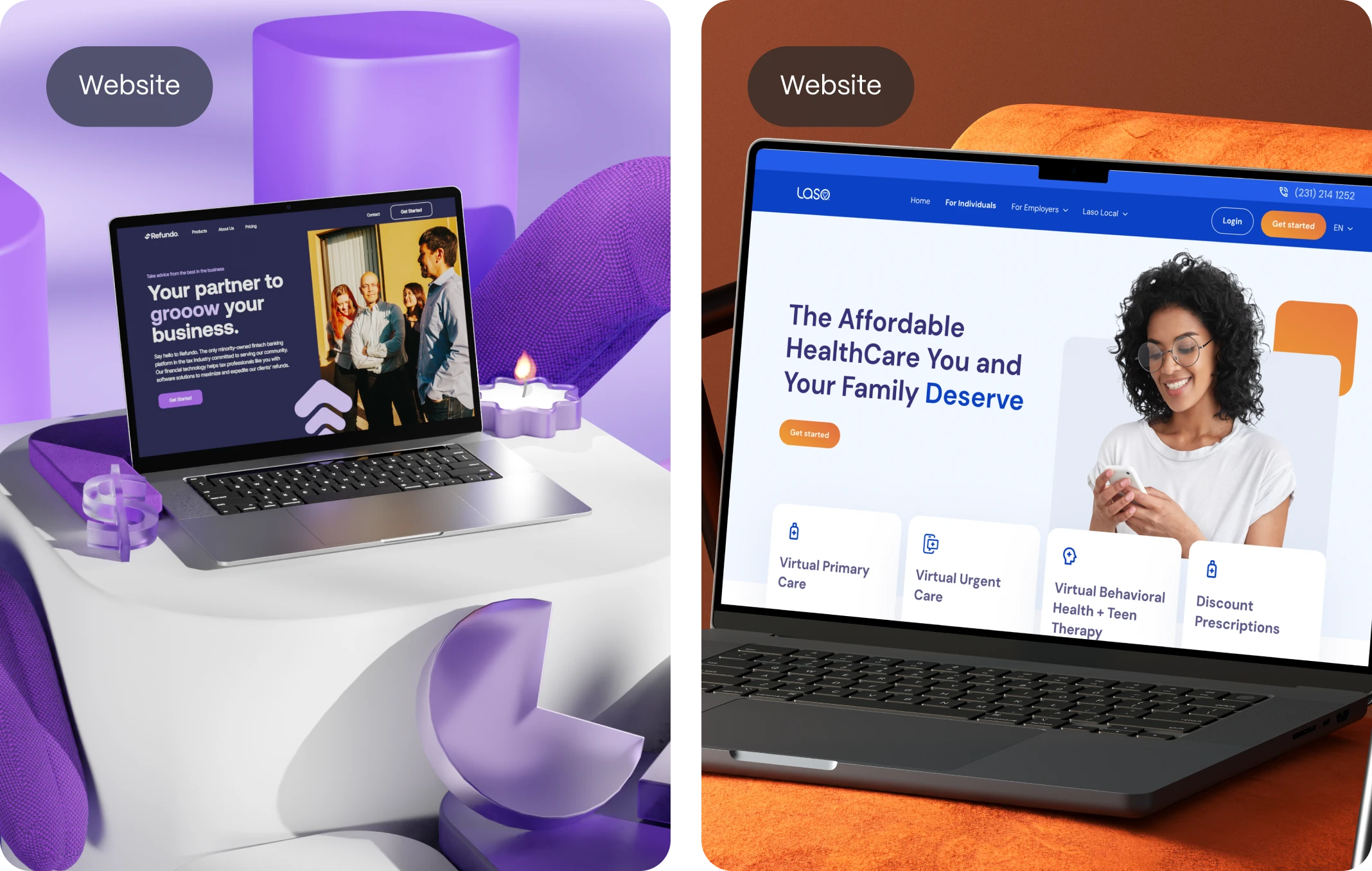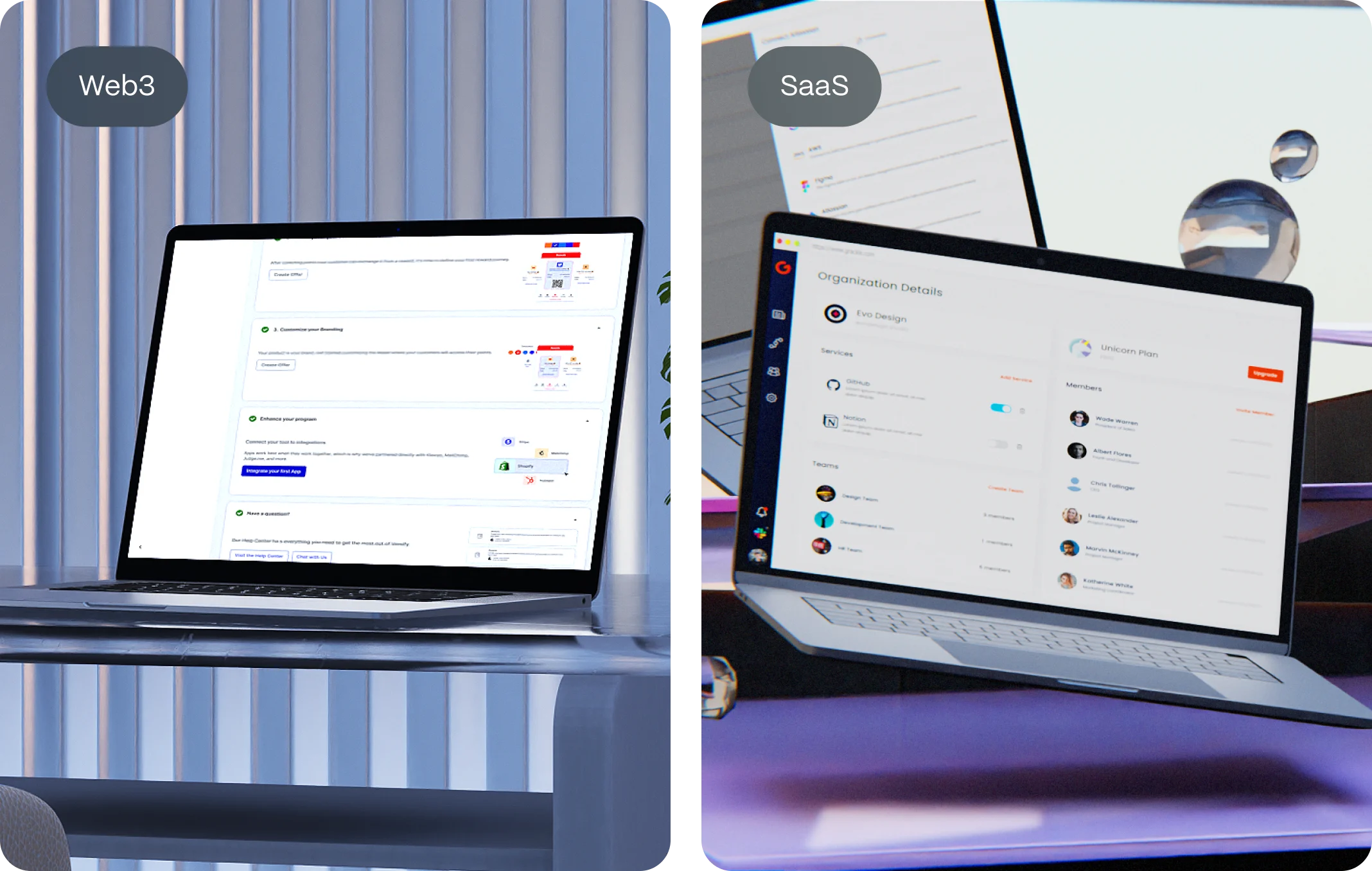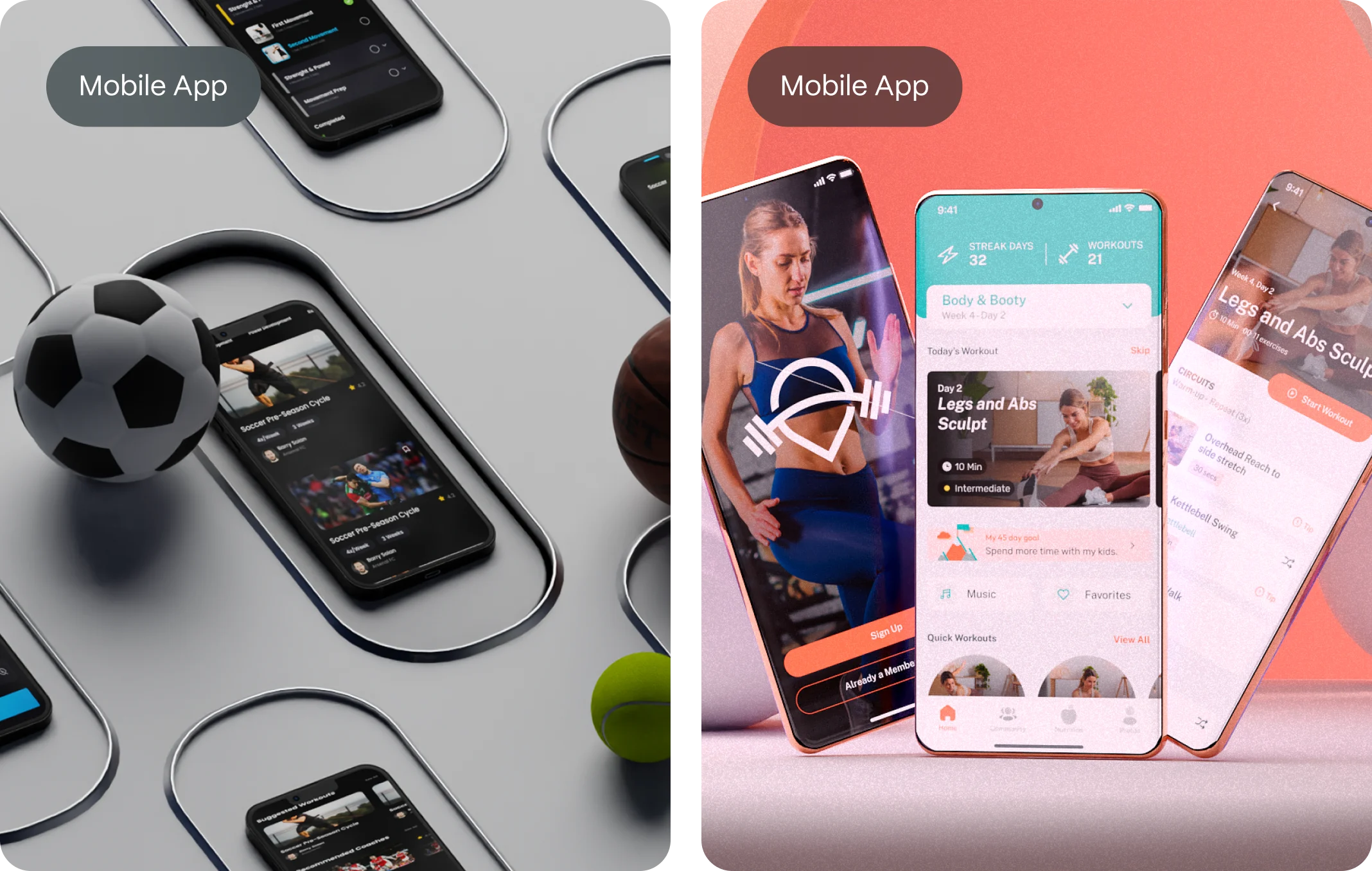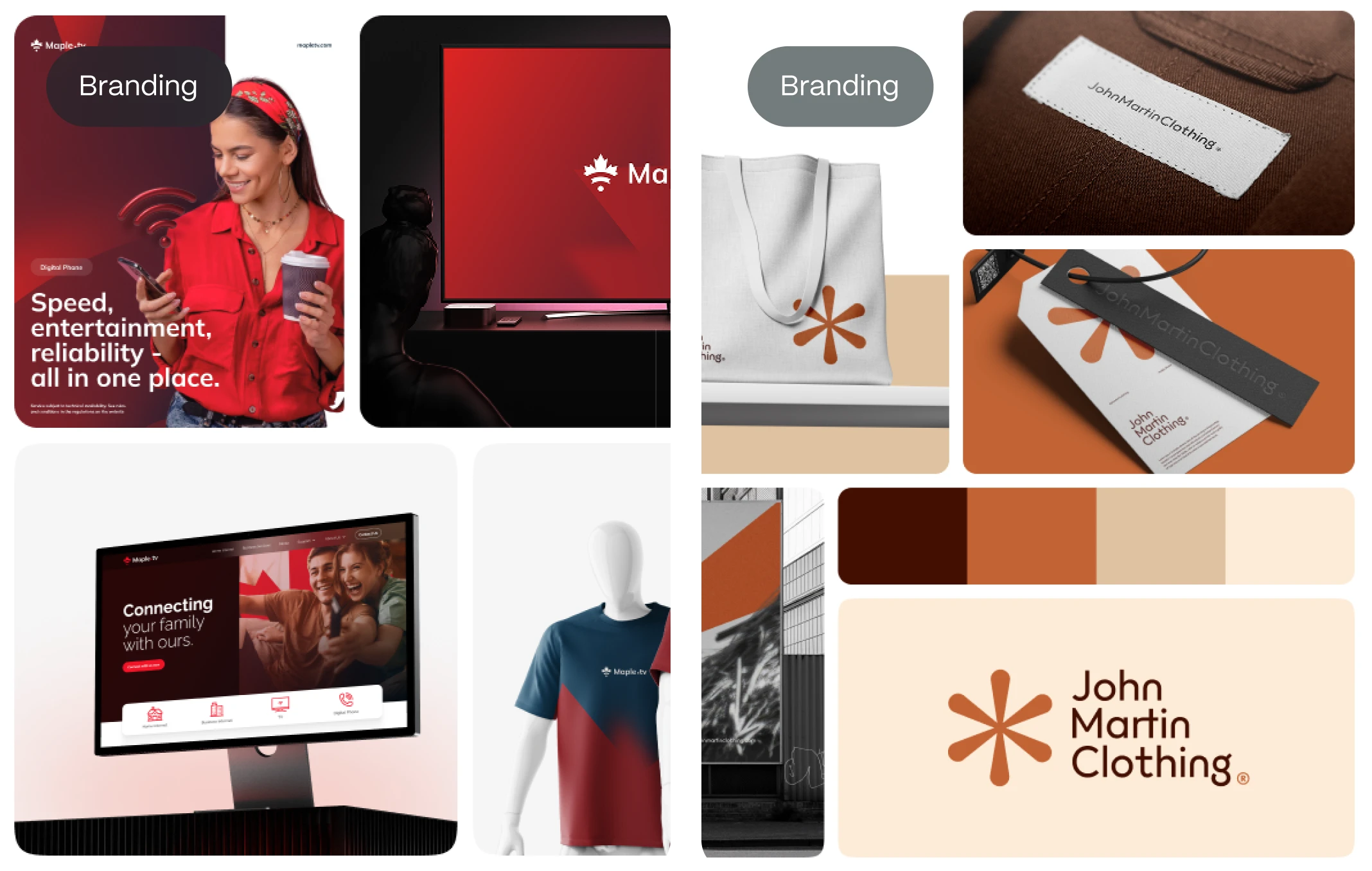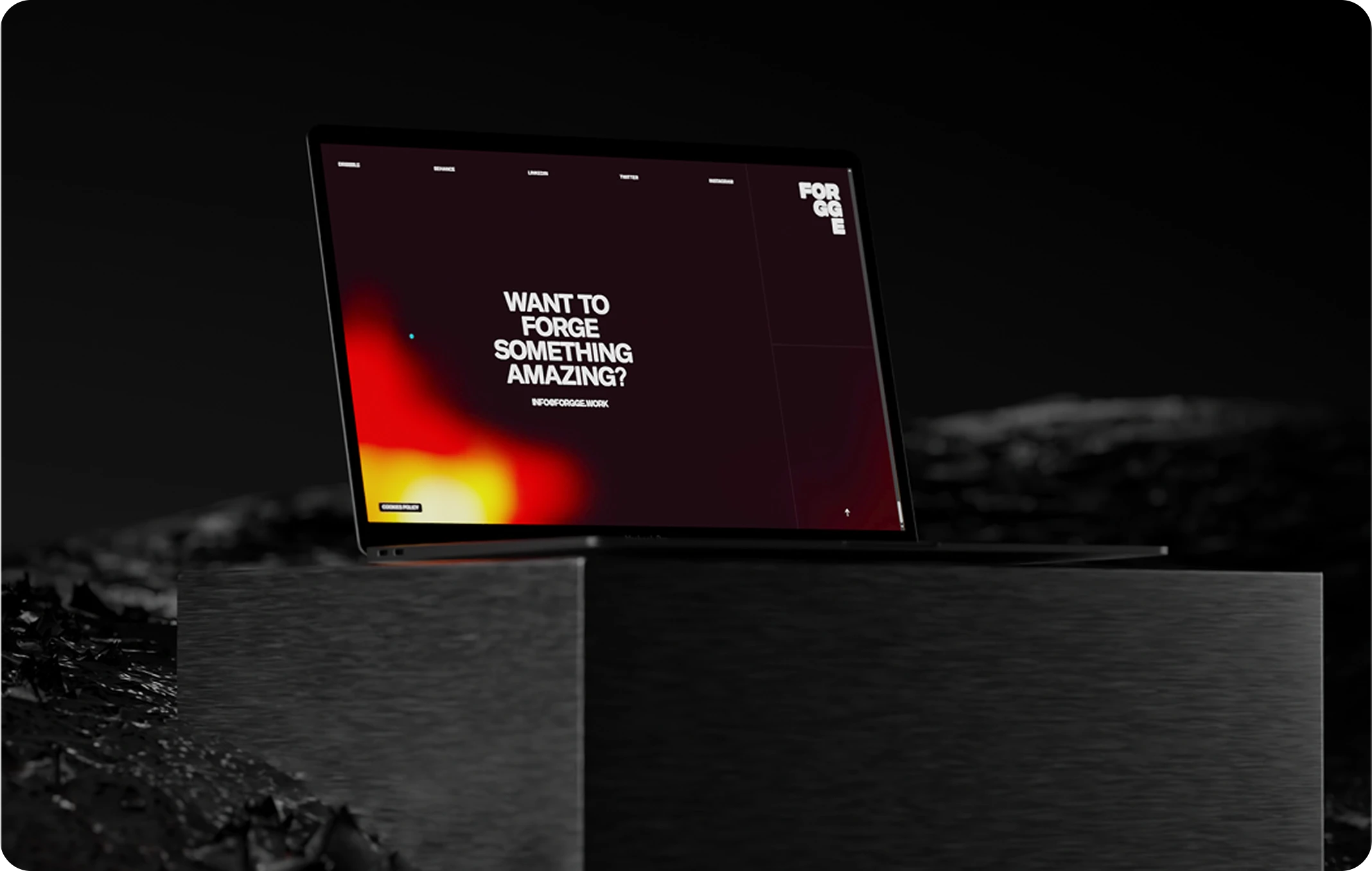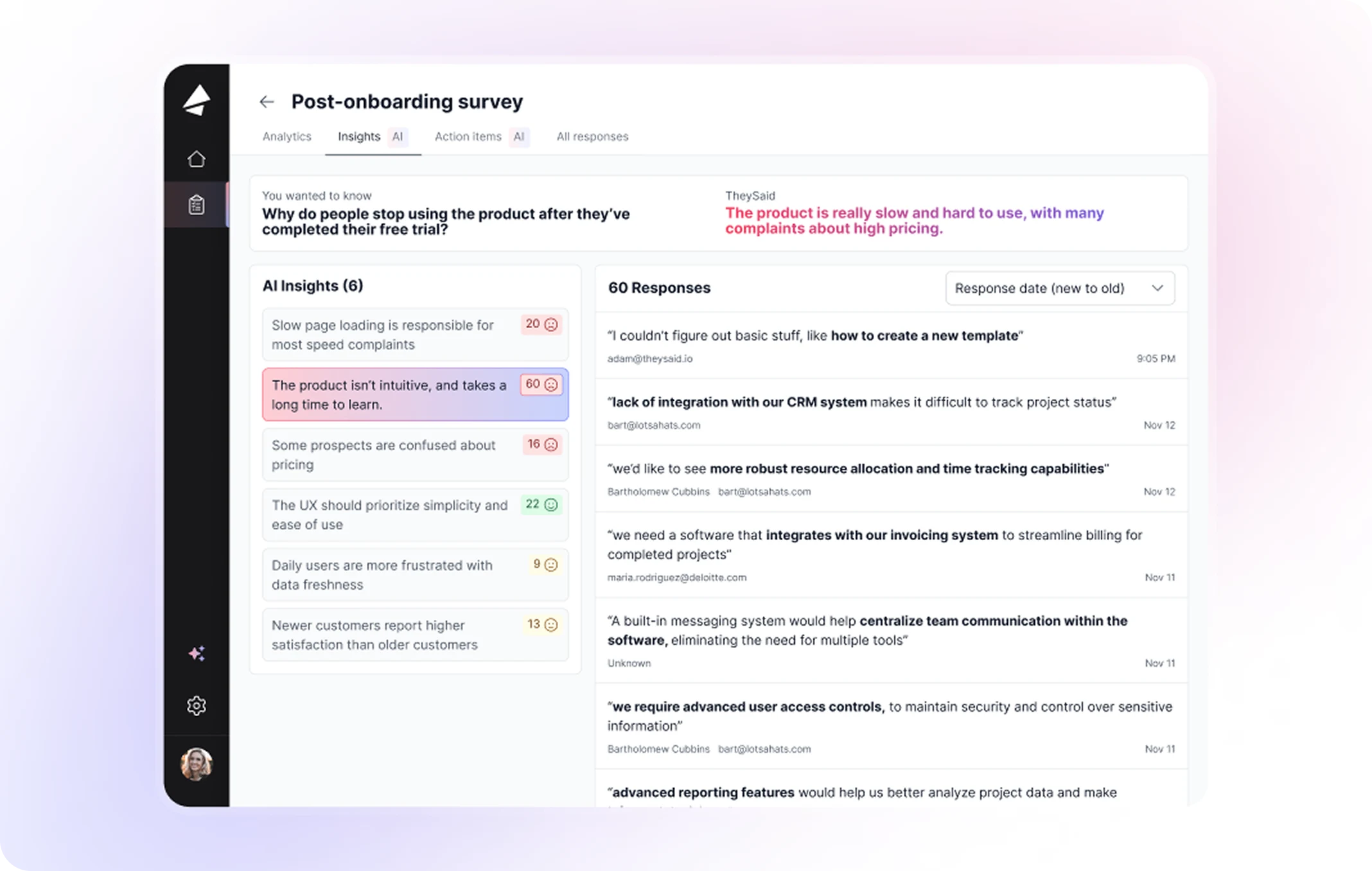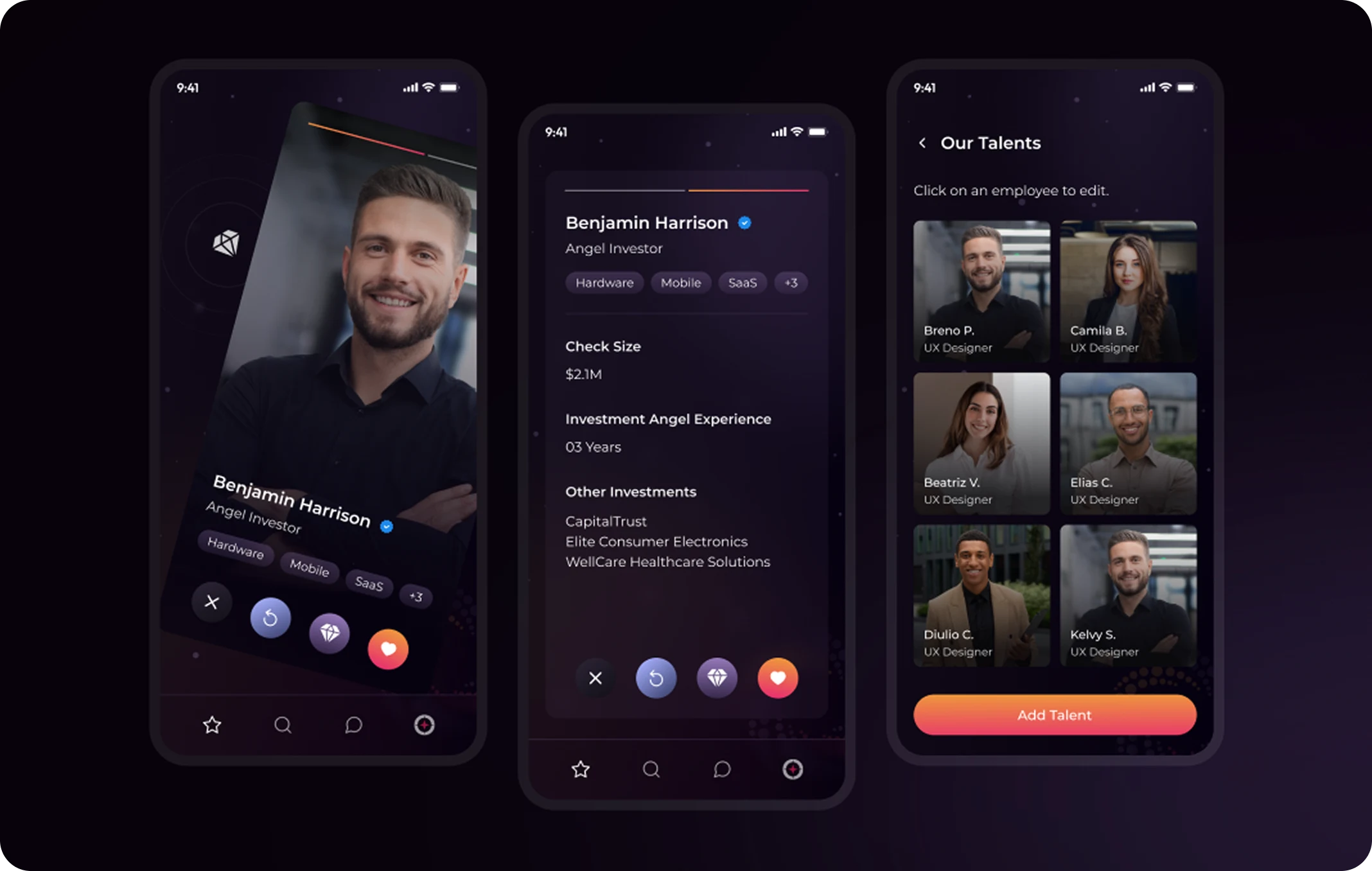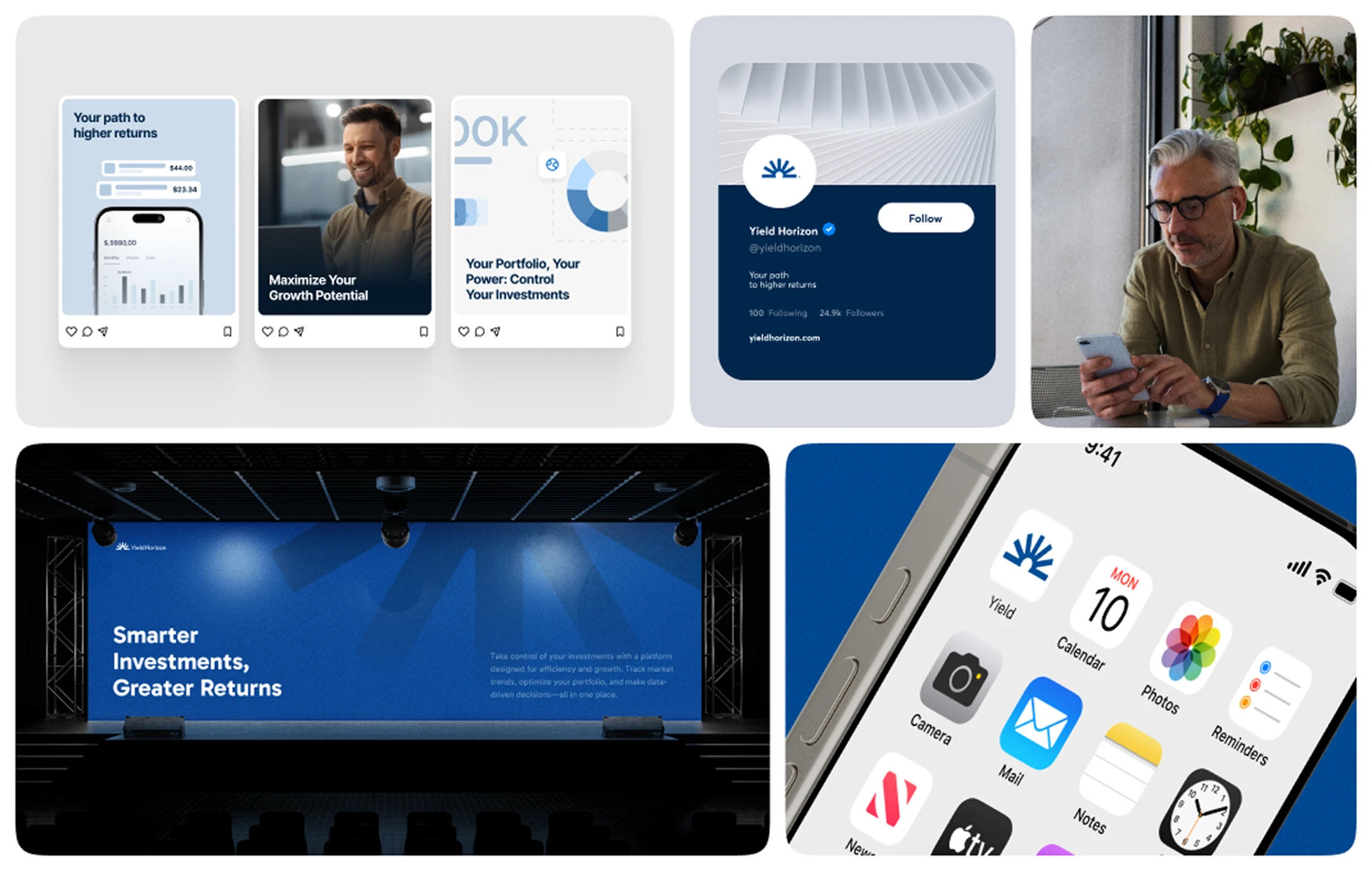There’s a moment in every business journey when something starts to feel… off.
Maybe your logo no longer reflects who you are. Maybe your messaging sounds dated. Maybe your customers are connecting with competitors who feel more current, more clear, more “on point.” That’s when smart brands pause—and pivot.
Rebranding isn’t just a change of look. It’s a strategic evolution. A signal to the market (and to yourself) that your business is moving forward with clarity and purpose.
In this article, we’ll walk you through what rebranding really means, why it matters, and how to know when it’s time to redesign your business from the inside out.
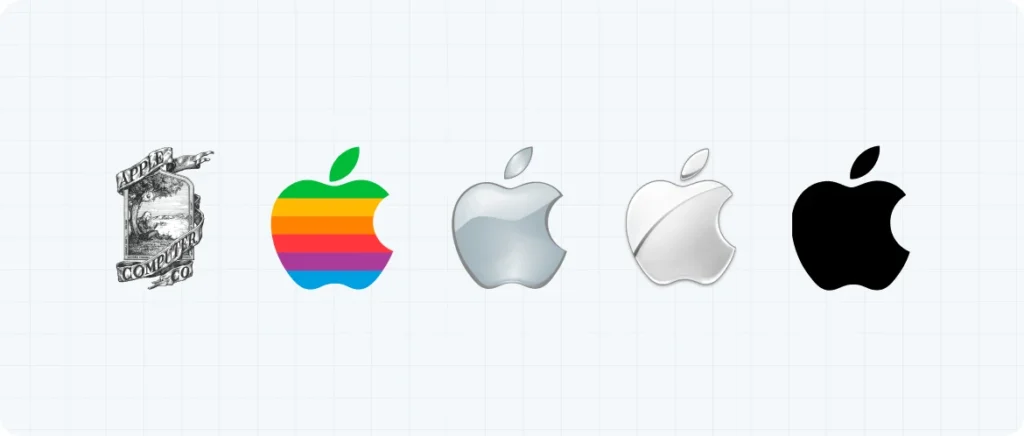
What Is Rebranding?
Rebranding is the process of redefining how your business is perceived—visually, verbally, and strategically.
It may include:
- A new logo or visual identity
- Updated color palette and typography
- Refreshed brand messaging or tone of voice
- A redesigned website and digital presence
- New positioning or brand architecture
- A complete shift in how your company speaks to the world
But here’s what many forget: rebranding isn’t cosmetic.
Done right, it’s rooted in strategy.
Rebranding is not about looking better. It’s about becoming more aligned with who you are and where you’re going.
Why Businesses Rebrand: 7 Strategic Reasons
Rebranding doesn’t happen because you’re bored of your current logo. It happens when your business has evolved, and your brand hasn’t kept up.
Here are the most common (and valid) reasons to invest in rebranding:
1. You’ve outgrown your original identity
Your business started small, but now you’re scaling—and the old brand doesn’t reflect your ambition.
2. You’re entering a new market
Expanding into new regions or industries often requires a refreshed presence that resonates with a different audience.
3. You’ve pivoted your product or offer
What you sell today may not be what you sold five years ago. Your brand needs to reflect your current value proposition.
4. Your audience has shifted
If your ideal customer has changed, your brand voice, design and messaging must evolve to match their expectations.
5. Your brand feels dated or inconsistent
Trends evolve. If your brand looks stuck in 2012—or varies wildly across touchpoints—it’s time to modernize.
6. You’ve merged, acquired or restructured
Major business changes require a cohesive brand identity that unifies people, cultures and visions.
7. You’re ready to reposition
Maybe you’re known for price, but want to lead with quality. Or you’ve been seen as corporate, and want to be more human. Rebranding is how you change perception.
Rebranding Is Not a Risk—Staying Irrelevant Is
Many leaders worry that rebranding might “alienate” existing customers. But what’s more dangerous is staying silent while the world around you changes.
Great brands evolve before they become outdated. They lead with clarity. They anticipate trends. And they build systems that allow for cohesive, consistent communication—from Instagram to packaging to sales decks.
The question isn’t “should we rebrand?” The question is: does our brand still reflect our business today—and the future we’re building?
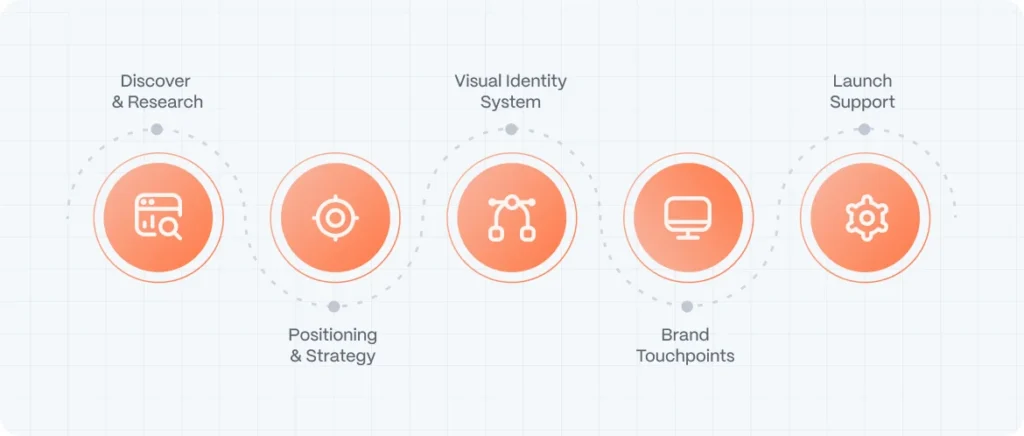
What Rebranding Looks Like in Practice: The Evo Design Approach
At Evo Design, we guide companies through the rebranding process with clarity, confidence and creativity. Our method is rooted in deep research, strategic alignment and world-class design execution.
Our rebranding process includes:
Discovery & Research
- Brand audit
- Stakeholder interviews
- Competitive analysis
- Customer insights
Positioning & Strategy
- Brand essence
- Mission, vision, values
- Tone of voice and messaging pillars
Visual Identity System
- Logo and symbol design
- Typography and color system
- Graphic elements and iconography
Brand Touchpoints
- Website design
- Social media templates
- Brand guidelines
- Packaging or presentation design
Launch Support
- Internal brand rollout
- External communications planning
- Content and campaign strategy
We don’t just deliver a new logo. We build brands that last—because they’re built with meaning, not trends.
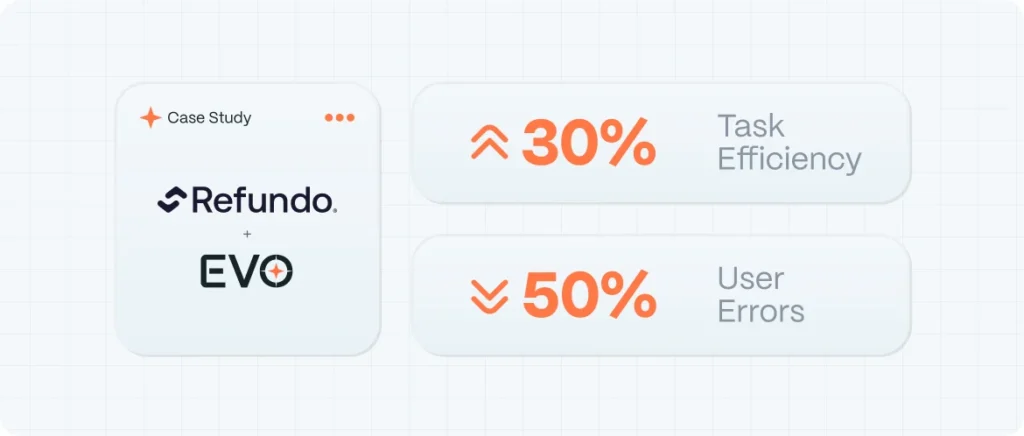
Case Study: Transforming Refundo’s Tax Platform into a Seamless Digital Experience
Client Overview
Refundo is a U.S.-based fintech company specializing in tax management solutions for accounting professionals. Their platform aims to simplify tax preparation, filing, and financial management, positioning itself as a “Stripe for taxes.”
Project Scope
Year: 2024
Country: USA
Project Type: Website | UX/UI Design
Services Provided:
- UX/UI Website Design
- Strategic Planning
- Benchmarking
Challenges
Refundo’s existing platform faced several challenges:
Outdated Interface: The previous design was cluttered, leading to a confusing user experience.
Inefficient Navigation: Users struggled to find essential features quickly, impacting productivity.
Lack of Trust: The dated look and feel did not instill confidence among users, crucial in financial services.
Objectives
The primary goals for the redesign were:
Modernize the UI/UX: Create a clean, professional interface that enhances user confidence.
Improve Navigation: Streamline the user journey to facilitate quicker access to key functionalities.
Enhance Trust and Credibility: Develop a design that reflects the reliability and security of the platform.
Our Approach
- Immerse
We began by understanding Refundo’s unique needs, pain points, and industry specifics. This involved:
- Conducting stakeholder interviews.
- Analyzing user feedback.
- Studying industry standards and compliance requirements.
- Create
Based on our research, we:
- Gathered design inspiration aligned with Refundo’s brand values.
- Developed wireframes focusing on user-centric design principles.
- Initiated the development of a modern, intuitive interface.
- Prototype
We created interactive prototypes to:
- Visualize the user journey.
- Test usability with real users.
- Gather feedback for iterative improvements.
- Iterate
Post-prototype, we:
- Planned subsequent project phases.
- Monitored analytics to assess performance.
- Conducted user testing to refine interactions and ensure optimal usability.
Results
The redesigned platform led to significant improvements:
+30% Increase in Task Efficiency: Streamlined workflows enabled users to complete tasks more quickly.
+50% Reduction in User Errors: Improved navigation and clearer interfaces minimized mistakes.
When Should You Rebrand? A Quick Self-Check
Ask yourself:
- Are we proud to send people to our website today?
- Does our logo still feel relevant in our industry?
- Are our materials consistent across platforms and channels?
- Do our customers really understand who we are and what we do?
- Do we look like the kind of brand we aspire to be?
If the answer is “no” to more than two of these—it’s time.

